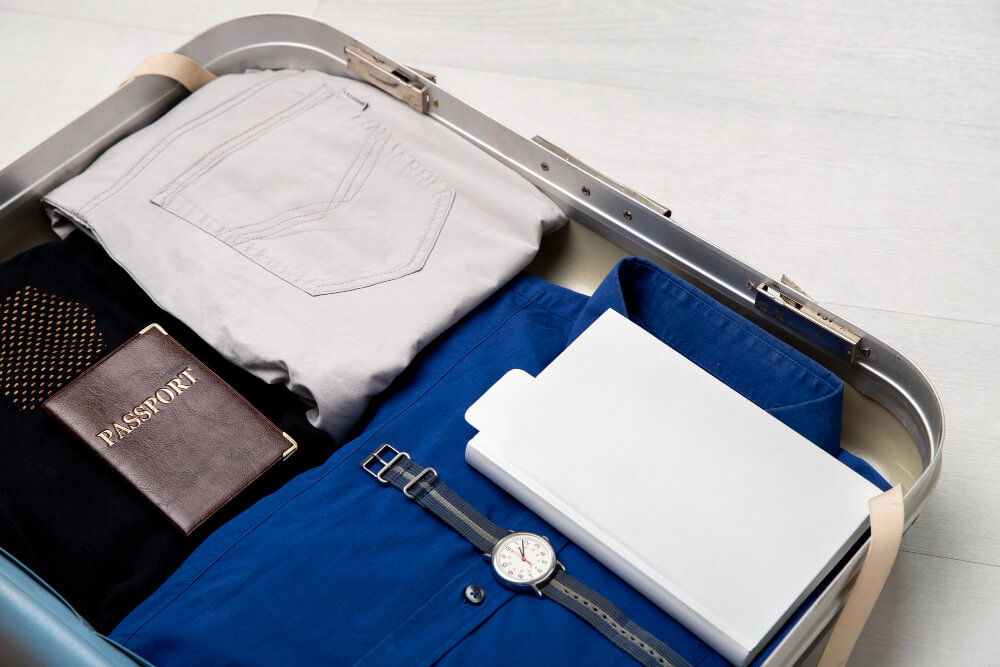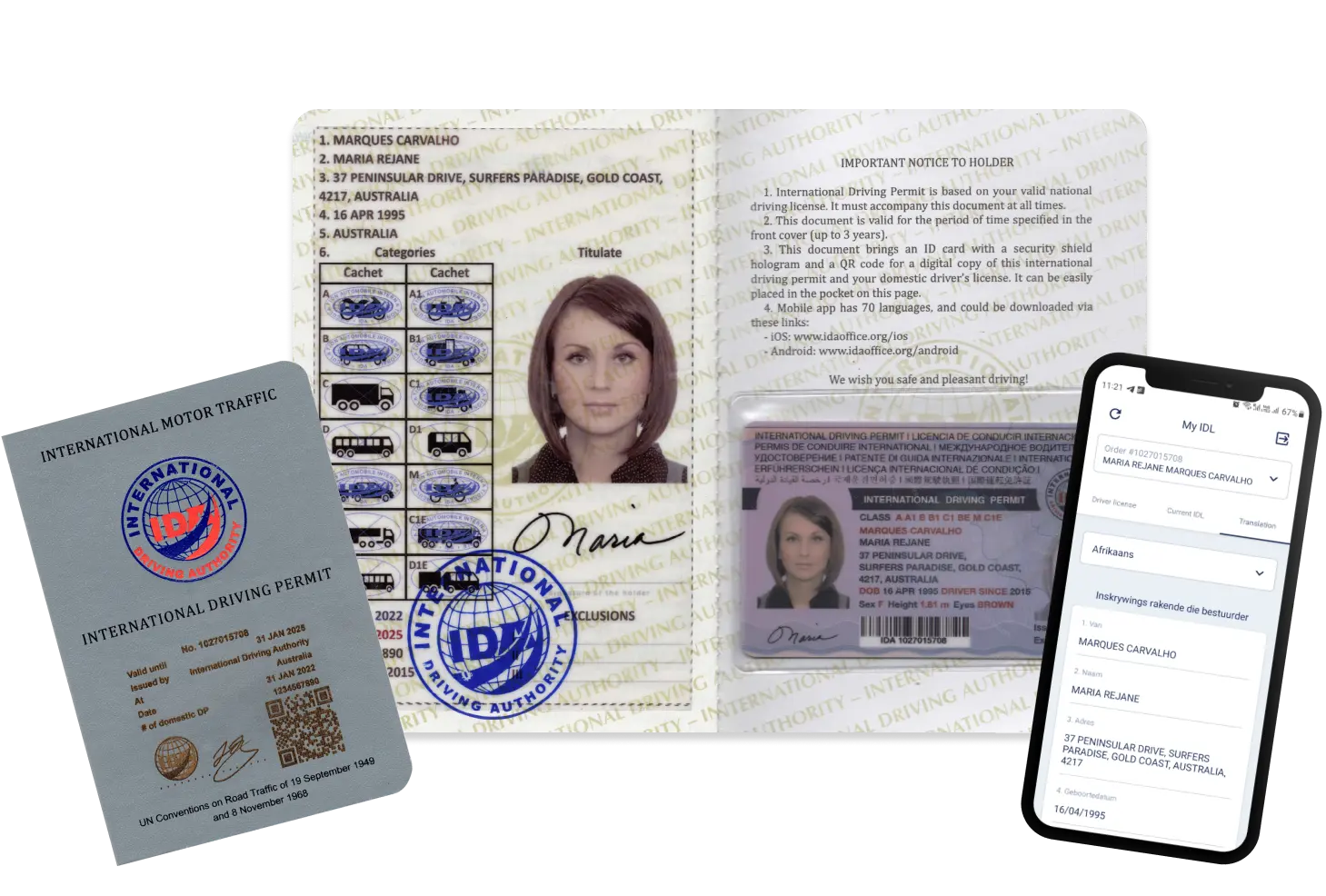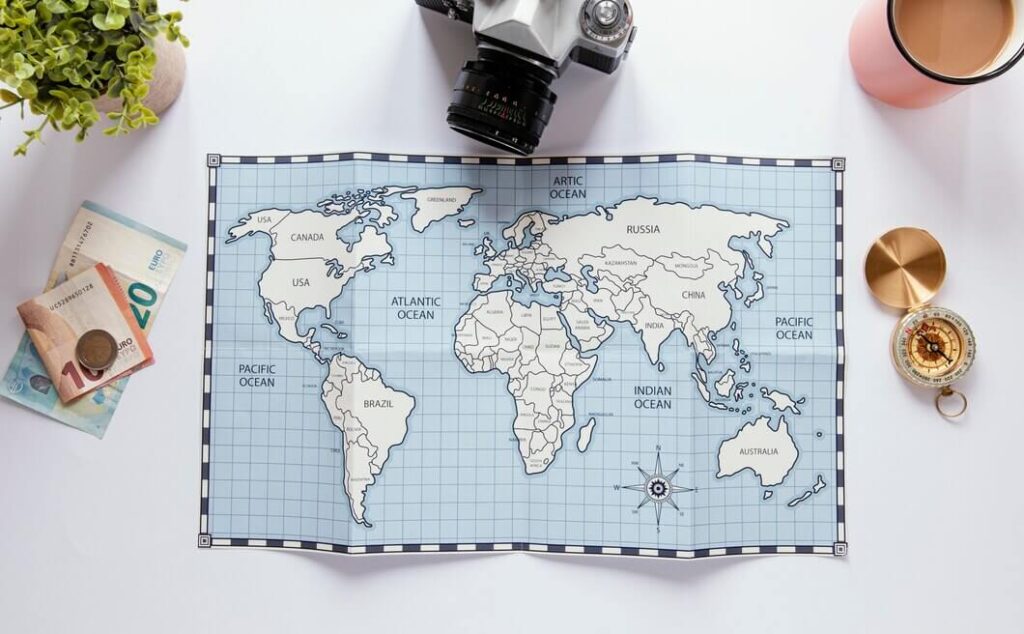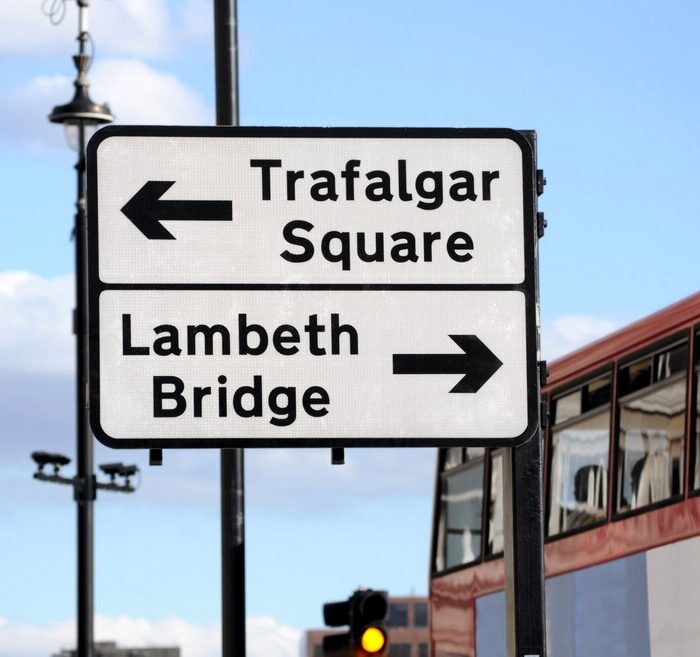9 International Travel Tips for Travelers
How to Planning Your Trip
Before embarking on your international adventure, take the time to thoroughly plan your trip. Research your destination’s culture, language, and customs. Check visa requirements and make sure your passport is valid for at least six months beyond your planned return date. Understanding the local customs and etiquette can help you avoid inadvertently offending the locals and make your trip more enjoyable.
- Travel Planning: When planning your travel, it is essential to consider various aspects to ensure a smooth and enjoyable journey. Begin by outlining your desired destinations, activities, and the duration of your trip. Research reliable travel websites such as TripAdvisor, Google Maps and Booking.com to gather information about popular attractions, accommodations, and local experiences. Utilize travel forums and blogs for insights from experienced travelers who can provide valuable tips and recommendations for a successful trip.
- Best Time to Travel: Determining the best time to visit your chosen destination is crucial for a fulfilling travel experience. Consult weather forecasting websites like Weather.com or AccuWeather to understand the climate and seasonal patterns of your destination. This knowledge can help you plan your trip during favorable weather conditions, ensuring you can enjoy outdoor activities and sightseeing to the fullest. Additionally, consider peak and off-peak travel seasons to avoid crowds and secure better deals on accommodations and flights. Websites such as Skyscanner and Google Flights can assist in comparing flight prices and identifying the most cost-effective travel periods.

Tips to Packing Essentials
Packing smart can make a world of difference during your trip. Create a detailed packing list, including essential items like comfortable clothing suitable for the local climate, appropriate footwear, and any necessary medications. Remember to pack a travel adapter, portable charger, and a first-aid kit. Roll your clothes instead of folding them to save space and prevent wrinkles.
- Smart Clothing Choices: Pack versatile clothing suitable for various occasions and weather conditions.
- Space-Saving Techniques: Utilize efficient folding and rolling methods to maximize luggage space.
- Essential Toiletries: Bring travel-sized toiletries and consider using multi-purpose items to save space and weight.
- Organized Packing: Use packing cubes or compression bags to keep your belongings organized and easily accessible.
- Document Security: Keep important documents secure in a waterproof travel wallet and have digital backups stored in your email or cloud storage.

Staying Safe
Ensuring your safety while abroad should be a top priority. Safeguard your important documents by making digital copies and storing them securely. Invest in a reliable travel insurance plan that covers medical emergencies and unexpected cancellations. Be vigilant about your surroundings, particularly in crowded places and tourist spots. Familiarize yourself with local emergency numbers and the location of your country’s embassy or consulate.
Money Matters
Managing your finances efficiently can prevent unnecessary stress during your travels. Notify your bank about your travel plans to avoid having your cards blocked. Main tips – carry a mix of payment options, including local currency, credit cards, and a travel card, to ensure you have alternatives if one method fails.
- Currency Exchange Considerations:
- Research the currency exchange rates of your destination and consider exchanging a small amount of money at your local bank before your trip for immediate expenses upon arrival.
- Use reputable local banks or ATMs to withdraw cash in the local currency, and be aware of any associated fees.
- Credit and Debit Card Usage:
- Inform your bank about your travel plans to prevent your cards from being blocked for suspicious activities while abroad.
- Use credit cards with no foreign transaction fees for large purchases and consider carrying a backup card in case of emergencies.
- Local Payment Methods:
- Familiarize yourself with common local payment methods such as mobile payment apps or specific credit cards that may offer discounts or benefits.
- Be cautious when using your credit card in unfamiliar places, and avoid making transactions on unsecured networks to prevent potential fraud.
- Budgeting and Tracking Expenses:
- Create a daily budget plan that accounts for accommodation, meals, transportation, and activities to avoid overspending.
- Keep track of your expenses using a travel budgeting app or a simple notebook to stay within your financial limits.
- Emergency Preparedness:
- Carry a reasonable amount of local currency for emergencies and unexpected situations where cards may not be accepted.
- Keep a list of emergency contact numbers, including your bank’s international hotline, in case your cards are lost or stolen, and report any issues immediately to prevent unauthorized transactions.

Travel Tips to Communication and Connectivity
Staying connected with loved ones and navigating through unfamiliar territories is crucial. Purchase a local SIM card or consider an international data plan to access the internet and make local calls. Download offline maps and language translation apps to assist with communication and navigation. Learning a few basic phrases in the local language can also help you interact with locals more effectively.
- eSIM in Europe:
- In Europe, many countries offer eSIM services, allowing travelers to use their existing compatible devices without the need for physical SIM cards.
- eSIMs can be activated remotely, usually through a QR code provided by the service provider, making it convenient for travelers to access local networks without visiting physical stores.
- Local Disposable SIM Cards:
- Some countries, especially popular tourist destinations, offer local disposable SIM cards that come preloaded with a specific amount of data and talk time.
- These disposable SIM cards are generally available at airports, convenience stores, or dedicated mobile network provider shops, and they are often a cost-effective option for short-term travelers.
- SIM Card Registration Requirements:
- Be aware that some countries have strict regulations requiring SIM card registration, which may involve providing personal identification such as a passport or driver’s license.
- In such cases, ensure that you have the necessary documentation readily available to complete the registration process and activate the SIM card.
- Network Coverage and Data Plans:
- Before purchasing a SIM card, research the available network providers in the country you’re visiting, and compare their coverage and data plans to find the best option for your needs.
- Consider factors such as network reliability, data speed, and the availability of prepaid data packages that align with your expected internet usage during your trip.
- SIM Card Compatibility:
- Verify that your device is unlocked and compatible with the local network frequencies to ensure the SIM card will function correctly.
- If you have a device that supports both physical SIM cards and eSIMs, consider the option that best suits your travel duration, connectivity needs, and device compatibility.

Health Precautions
Prioritizing your health while traveling can prevent unwanted disruptions to your trip. Check if any vaccinations are required for your destination and schedule them well in advance. Practice good hygiene, including regular handwashing, and be cautious of the water and food you consume. Pack a small medical kit with essentials like pain relievers, bandages, and any prescription medications you may need during your trip.
- Key Vaccinations:
- Some essential vaccinations to consider before traveling include those for Hepatitis A and B, Typhoid, Yellow Fever, and routine vaccinations such as MMR (Measles, Mumps, Rubella), Diphtheria, Tetanus, and Pertussis (DTaP), and the yearly flu shot.
- Dangerous Diseases and Regions:
- Hepatitis A is prevalent in regions with poor sanitation and limited access to clean water, such as parts of Asia, Africa, and Central and South America.
- Typhoid fever is a risk in areas with contaminated food and water, particularly in developing countries in Asia, Africa, and Latin America.
- Yellow Fever is a concern in certain parts of Africa and South America, where the disease is transmitted by infected mosquitoes.
- Measles outbreaks can occur globally, especially in areas with low vaccination rates or ongoing conflicts that disrupt healthcare systems.
- Malaria, a mosquito-borne disease, is prevalent in tropical and subtropical regions, particularly in sub-Saharan Africa, the Indian subcontinent, and Southeast Asia.
- Travel Health Consultation:
- It is crucial to consult a healthcare provider or a travel medicine specialist at least 4-6 weeks before your trip to discuss the necessary vaccinations based on your destination, activities planned, and individual health conditions.
- Preventative Measures:
- Alongside vaccinations, travelers should take preventive measures such as using insect repellents, sleeping under mosquito nets, practicing good hygiene, and avoiding consuming unsafe food and water to reduce the risk of contracting these diseases during their travels.
- Additional Considerations:
- Depending on the specific travel destination and individual circumstances, other vaccines or preventive medications, such as those for Rabies, Japanese Encephalitis, or Cholera, may be recommended. It is essential to stay informed about any health advisories or disease outbreaks in the regions you plan to visit.

International Driver’s Permit
If you plan to drive during your international trip, consider obtaining an International Driver’s Permit (IDP) in advance. While not always a legal requirement, an IDP can serve as a recognized translation of your domestic driver’s license, making it easier for you to communicate with local authorities in the event of any issues. Research the specific requirements for obtaining an IDP in your home country, as the process may vary. Additionally, familiarize yourself with the local driving laws, road signs, and regulations of the country you plan to visit to ensure a safe and compliant driving experience.
- United States (USA):
- In the USA, you can obtain an International Driving Permit through two authorized organizations: the American Automobile Association (AAA) and the American Automobile Touring Alliance (AATA).
- Visit the local AAA or AATA office with the required documents, including a valid U.S. driver’s license, two passport-sized photos, and the applicable fee to apply for an IDP.
- Canada:
- In Canada, the Canadian Automobile Association (CAA) is the authorized body that issues International Driving Permits.
- Visit your local CAA office with a valid Canadian driver’s license, two passport-sized photos, and the necessary fee to apply for an IDP.
- Europe:
- In Europe, the specific process for obtaining an International Driving Permit may vary by country. Generally, you can apply for an IDP at the local office of the national automobile association, such as the Automobile Association (AA) in the UK or the Allgemeiner Deutscher Automobil-Club (ADAC) in Germany.
- Visit the respective national automobile association’s office with the required documents, including a valid driver’s license, photos, and the appropriate fee as per the country’s guidelines.
It is essential to verify the specific requirements and procedures for obtaining an International Driving Permit in each country, as the application process and accepted documents may vary slightly.

Tips on Cultural Differences
Respecting the cultural norms and traditions of your host country is vital to fostering positive interactions with locals. Dress modestly and adhere to any dress codes that may be customary in certain places, such as religious sites or conservative communities. Always ask for permission before taking photos of individuals or cultural landmarks, and be mindful of your behavior in public spaces. Embrace the opportunity to learn about new cultures and be open to diverse perspectives and experiences.
- Islamic Countries:
- In Islamic countries, be mindful of cultural practices such as modest dress codes and avoid consuming alcohol in public. Respect local customs during the holy month of Ramadan by refraining from eating, drinking, or smoking in public during fasting hours. Understand that certain gestures, like showing the soles of your feet or using your left hand, may be considered disrespectful.
- South American Countries:
- When traveling in South American countries, exercise caution in crowded markets and public transportation to prevent pickpocketing incidents. Be respectful of indigenous cultures and their traditions, especially in rural areas. Stay informed about the local political climate and any potential social tensions to avoid getting involved in any civil unrest or demonstrations.
- Asian Countries (e.g., Thailand, Vietnam):
- Respect local customs and etiquette in Asian countries like Thailand and Vietnam, including removing shoes before entering someone’s home or a place of worship. Be cautious of tourist scams, such as overly friendly touts or unauthorized tour operators. Show respect for the monarchy in Thailand, as any sign of disrespect can lead to serious legal consequences.
- Middle Eastern Countries:
- In Middle Eastern countries, particularly in more conservative regions, dress modestly and be aware of local customs related to gender segregation. Refrain from public displays of affection, as these may be considered offensive. Exercise caution when discussing sensitive topics, including politics and religion, and be respectful when visiting religious sites and monuments.
- African Countries (e.g., Kenya, Morocco):
- In various African countries like Kenya and Morocco, be cautious of wildlife encounters in national parks and game reserves. Respect local traditions and customs, especially within tribal communities, and seek permission before taking photographs of individuals or their property. Be aware of the prevalence of certain diseases like malaria or yellow fever, and take necessary precautions, such as using mosquito repellent and getting appropriate vaccinations before your trip.

Enjoying Your Experience
Immerse yourself fully in the local culture to make the most of your international journey. Engage with the local community by participating in cultural activities and trying authentic cuisine. Keep an open mind and be willing to step out of your comfort zone to truly appreciate the uniqueness of the destination. Embrace the unpredictability that comes with international travel, and allow yourself to create lasting memories and meaningful connections.
Remember, thorough preparation and a positive attitude are key to enjoying a seamless and enriching international travel experience. Bon voyage!





